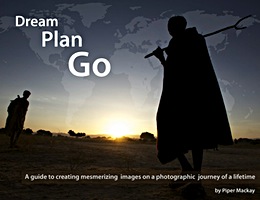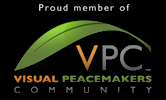
I recently returned from back-to-back photography tours in India and back-to-back Spirit-N-Light workshops. In the past few years, the lines seem to have become blurry when it comes to understanding the difference between a workshop and a photo tour/safari, which in large part is due to how the terms are being used by those marketing them. This can lead to false expectations and disappointment so I want to share my thoughts on this subject.
WORKSHOPS:
A “workshop,” anywhere in the world, should specifically focus on teaching skills technically, creatively, or both. A workshop is when an instructor works hard with you to teach you new skills or to improve your skills. They are there to give you personal instruction and constructive reviews. A workshop is NOT about going to a location where the instructor sets up the shot and you shoot it; that is called a photo shoot. A workshop is the best way to learn the valuable skills you need to create an intentional body of powerful work beyond snapshots of exotic subjects. It is a great way to practice your skills to ensure you are ready for those exotic photographic destinations and that your skill level matches your expectations of capturing the images you envision.
Workshops are a great way to break through the rut that most of us experience a few years into the craft. Once we learn some of the basic skills, exposure, sharp focus, depth of field, and the rule of thirds, we begin traveling to exotic places, snapping away at what stirs our souls, but we soon find ourselves stagnating at this level. It seems so exciting when we are pointing our cameras at an exotic subject, clicking the shutter, getting the exposure correct, and taking a sharp photograph, but soon you find your images all start looking the same, somewhat mediocre, and not what you were envisioning; we find we have become complacent. Our photography skills are not improving and we are not thinking creatively about the process before we simply click.
To the experienced eye, the difference of one who simply snaps what is in front of them and one who creates a heart-pounding image is the time the photographer has spent in really honing their skills, passionately wanting to master their craft.
PHOTO TOURS/SAFARIS
By definition, a tour is “a journey for pleasure in which several different places are visited.” The focus of a photo tour or safari should be to take a passionate group of photographers to an exciting destination at the best time of the year, ensuring that you are in the right place for the best light, and to be supportive of the photographer creating their own photographic vision of the experience.
A passionate leader will spend quality time logistically creating a special itinerary based on their personal photographic experiences. An experienced leader will have a solid relationship with an experienced ground crew who understand the needs of photographers. They will use their knowledge and experience of the location to create incredible “photographic opportunities,” to get special access to remote and unique locations or events, which comes from having a solid network of relationships with the local people (rangers, researchers, guides, villages, etc.), and to be able to make quick decisions in the field to suddenly be able to take advantage of spontaneous situations that often turn into a highlight of the adventure!
This is where a photographer joining a photo trip wants to bring their “A-game.” A good leader can make incredible photographic opportunities happen, by lining up a vehicle for dramatic side-lighting or putting the prey in between you and the predator predicting that the chase comes your way, or by making a quick connection with a stranger on the street to relax the subject, or even setting up a shot such as camels along the horizon of stunning sand dunes, but it is you who must quickly evaluate the scene, expose, and compose for the shot, turn the dials, and click the button. It is in those few seconds that a well-trained photographer “makes” a compelling image and others just click.
Unfortunately, each year, thousands of excited photographers go off to an amazing destination thinking the destination will make the image but return home disappointed with their images. It is the skilled photographer who makes a stunning image, not the destination.

The learning curve in photography is an ever-evolving journey, which keeps it so exciting, but one I wish I could have shortened in the early days. As a self-taught photographer, back when I first picked up the camera, there was not the vast selection of workshops there is today. Looking back through the images of my early years in Africa, I wish my skills had improved more rapidly, enabling me to capture more compelling images of a place that still goes deep to my soul.
This was the motivation for creating the spirit-n-light workshops; a workshop that focuses on teaching the 4 elements of a successful image, focusing on creating stunning images using dramatic light. Although the workshops take place on a working ranch, it is not about the horses, wranglers and western life as much that the ranch provides an inspiring environment with unpredictability where outdoor photographers can work on developing critical skills they will need on a safari, wildlife adventure, or when traveling to a great cultural destination. The skills I use every time I pick up my camera.
Spirit-N-Light -3 day workshop – Spring
Dust-N-Light – 4-day workshop – Summer
Spirit-N-Light it up -1 full week in Wyoming with the introduction of flash
I am a strong believer that focusing on a few important skills with exciting subjects in an inspiring environment can have a great impact on learning your craft and elevating your photography quickly, rather than sitting in front of a computer watching videos and why I choose to teach hands-on in the field (plus I love to be out in it!). I am a strong believer in knowing your gear and learning important skills before investing in a photography project or trip. I do not encourage purchasing a piece of equipment just before a photography trip, unless you are dedicating the proper time working with the equipment well in advance and knowing you can comfortably use it to create the outcome you envisioned. Most of my gear is old and well USED. My award-wining image of the reticulated giraffe’s that hangs in the Smithsonian was shot with my 500 f4 that is 12 years old! My first decade of work was shot with only 4 lenses (mostly 3). A new camera, big lens, or off camera flash gear will not help in the least if you have not invested in your skills in learning to use them properly.
I passionately love creating adventurous photographic itineraries based on my own experiences as a photographer, which is why I take a bigger risk in bringing people to remote destinations or in more challenging situations. Many of my trips are designed for the photographer with good working knowledge of their equipment seeking to explore the extraordinary and capturing it with their own vision. I am always by your side to help, but I will not take precious field time in a remote exotic destination where you have limited time to stop, go back to camp, and teach the group a new skill (time allowing during harsh light I love to teach, but it is not the goal). I offer photographers the expertise of my experience on the ground to bring extraordinary photographic opportunities they may not otherwise have without years of research, solid location networks, or at an extreme expense in funding a solo expedition to a remote location; private safari vehicles, true mobile tent camps (not a small dome tent you bring), and charter flights to get into a remote region add up quickly!
I do my level best to clearly define a workshop from a photography tour/safari, but of course, this is based on my opinion of the definition of the words and how they should be used in describing photography workshops VS photography tours, and safaris.
Simply put, a workshop is a place to learn or improve skills and a tour or safari is where you want to use those skills.
Please jump in and comment on the subject, which is helpful to us all.






Yes! Well put Piper. I almost wrote an article on this myself. I have been to your photo workshops and photography tours and there are many differences. Thanks for always striving to teach and mentor. The reviews or critiques on the workshops are invaluable to the learning process and seeing how others interpreted the scenes we shot as well. Even on the tours there is so much learning to be done! Thanks again